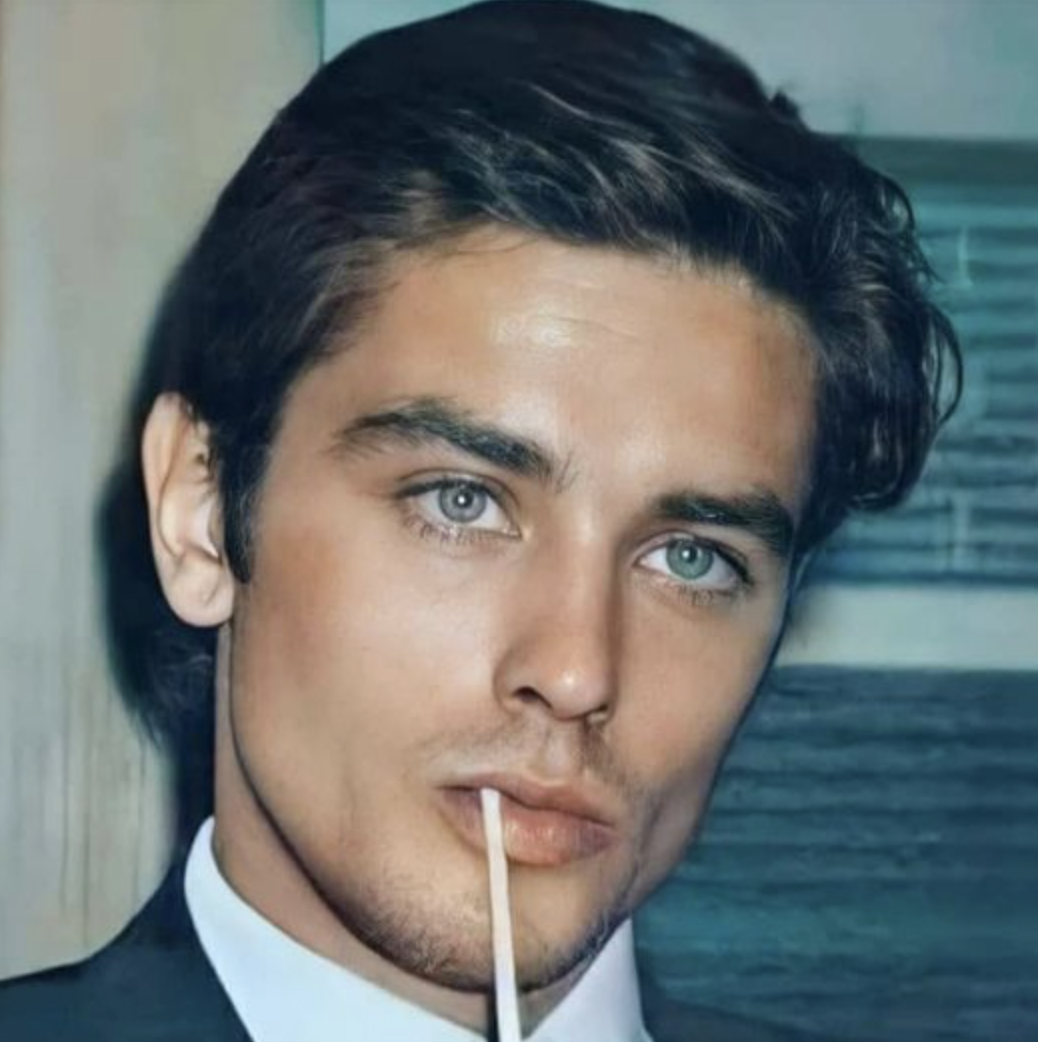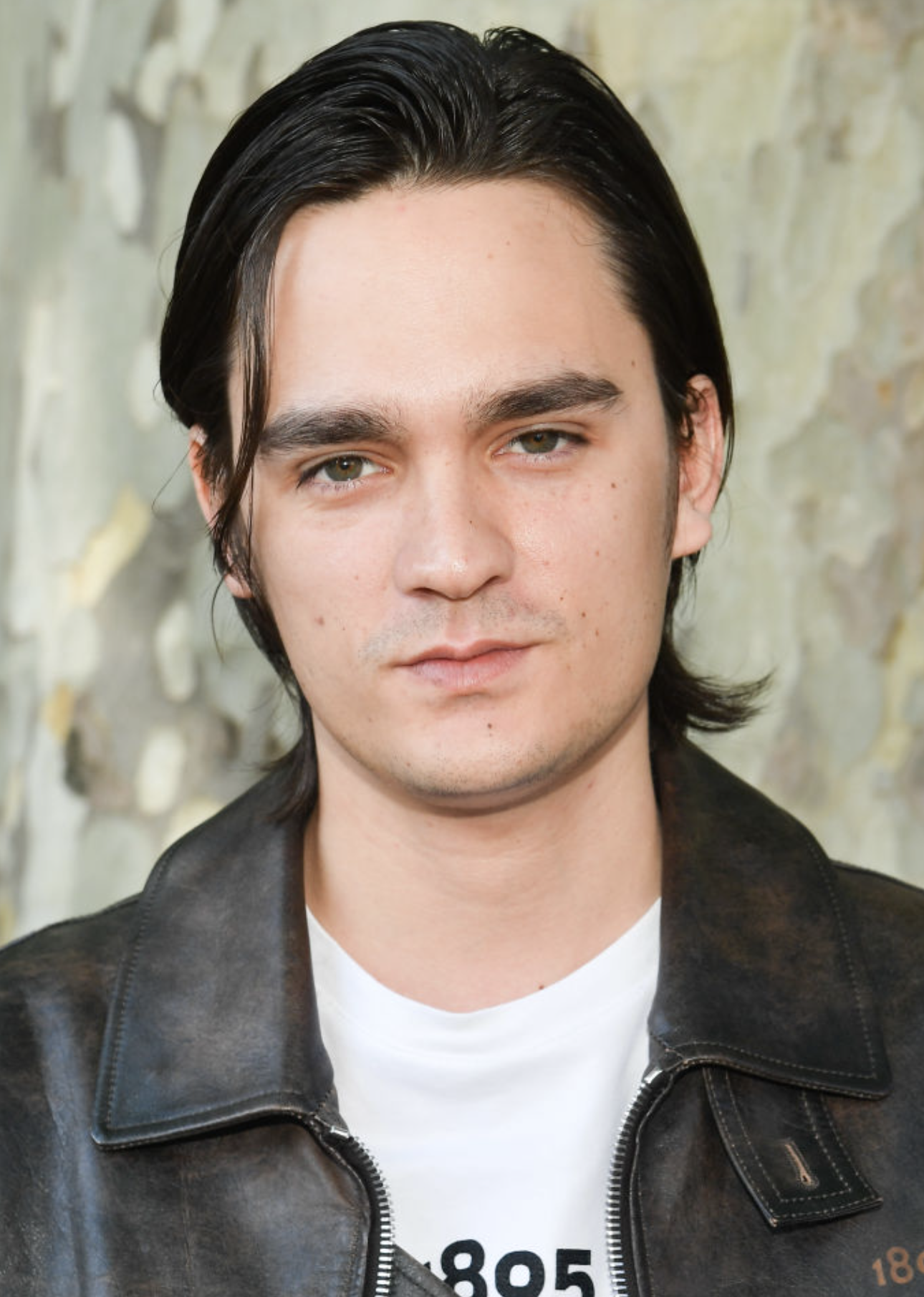Alain Delon’s son is all grown up now and he’s the spitting image of his dad
Alain Delon stands as an iconic figure in the annals of cinema history, revered and admired by generations.
With his mesmerizing azure gaze and innate French allure, Delon has woven dreams for countless individuals, captivating hearts and minds across the ages.
Even today, his allure remains undiminished, enchanting new audiences and reinforcing his enduring relevance and adoration.
Alain Delon – Origins

Born on November 8, 1935, in Sceaux, France, within the Hauts-de-Seine region, encompassing the inner suburbs of Paris, Delon’s journey commenced.
Following his parents’ separation, Delon found himself under the care of a foster family, navigating through different boarding schools and institutions during his formative years.
Later, he embarked on a stint in the French Navy, serving in Indochina before returning to France, where he embraced various occupations, including roles as a bellboy, clerk, and waiter, before making his way to Rome.
His foray into cinema saw early success with films like “Be Beautiful But Shut Up” in 1958, alongside the legendary Jean Paul Belmondo.
During the same period, Delon’s cinematic prowess blossomed further with notable roles in films like “Christine,” where he crossed paths with Austrian actress Romy Schneider, sparking a beloved public romance.

“Purple Noon,” a 1960 adaptation of Patricia Highsmith’s novel “The Talented Mr. Ripley,” garnered critical acclaim, establishing Delon as a formidable presence in the industry.
Alain Delon – International Acclaim
The early 1960s witnessed Delon’s ascent to global fame, catalyzed by a fortuitous collaboration with Italian neorealistic maestro Luchino Visconti in “Rocco and His Brothers” (1960), a cinematic triumph that resonated worldwide.
This collaboration heralded a series of partnerships with esteemed Italian directors, solidifying Delon’s status as an international luminary.
In 1962, his collaboration with Michelangelo Antonioni in “The Eclipse,” alongside Italian luminary Monica Vitti, earned him the Special Jury Prize at Cannes and a Palme d’Or nomination, further solidifying his reputation as a cinematic virtuoso.
His international acclaim soared with his role in the 1963 epic drama “The Leopard,” helmed once again by Visconti. Portraying Prince Tancredi Falconeri, Delon navigates the intricate sociopolitical landscape of mid-19th century Italy alongside the aging Sicilian nobleman, played by Burt Lancaster.
Throughout the 1960s, Delon pursued opportunities to break into the coveted American market, a sought-after arena for European actors during that era.
Alain-Fabien – dad Alain’s copy

Alain-Fabien not only bears his father’s name but also follows in his footsteps professionally.
He’s an actor as well, with credits in films such as “Savage Days” (2021), “Fabio Montale” (2001), and “Ultra Pure.”
With his captivating and intense blue eyes, Alain-Fabien undeniably inherits his father’s distinctive features.

Moreover, he effortlessly mirrors the facial expressions that cemented his father’s status as an icon.
The uncanny resemblance between father and son is impossible to ignore!


